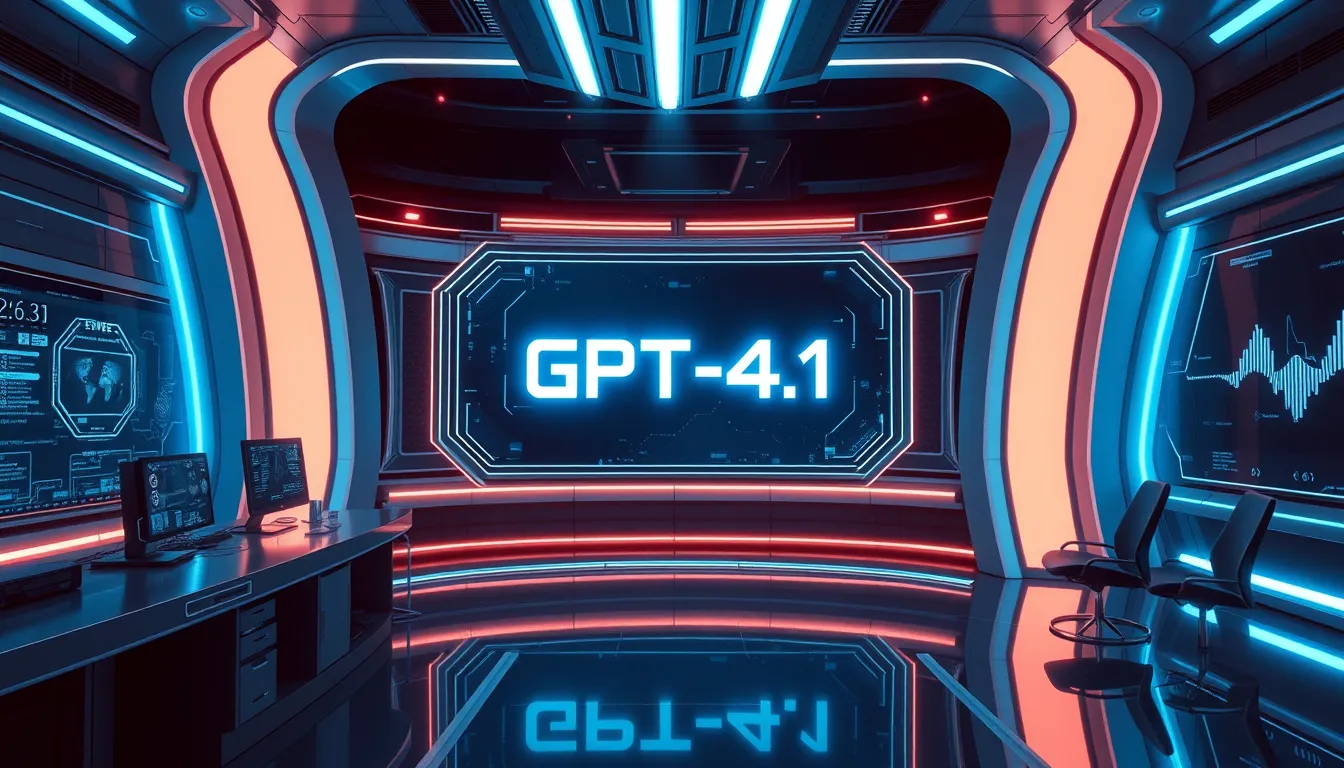Now Reading: Advanced AI in Healthcare Diagnostics: Transforming Care
-
01
Advanced AI in Healthcare Diagnostics: Transforming Care
Advanced AI in Healthcare Diagnostics: Transforming Care

Advanced AI in Healthcare Diagnostics: Transforming Care
Artificial Intelligence (AI) in healthcare is revolutionizing the way medical professionals diagnose and treat patients. By harnessing the power of advanced algorithms and vast datasets, AI in healthcare diagnostics has emerged as a groundbreaking tool for improving patient outcomes. This article explores how AI improves diagnostic accuracy, the advancements in AI medical imaging, and the challenges of AI in healthcare.
The Rise of AI in Healthcare
Over the past decade, the integration of technology in healthcare has led to significant transformations. AI in healthcare is not just a futuristic concept—it’s actively reshaping the industry today. Hospitals and research institutions are adopting AI solutions to address complex diagnostic challenges and enhance treatment planning. With increasing search volumes and an upward trend in adoption, AI in healthcare is becoming an indispensable asset in modern medicine.
Key benefits of using AI in healthcare include:
- Enhanced diagnostic precision
- Faster analysis of medical imaging
- Improved prediction of disease progression
- Personalized treatment strategies
These improvements contribute to better patient outcomes and more efficient healthcare delivery.
Innovations in AI Diagnostics
AI diagnostics play a crucial role in identifying subtle patterns within medical data that might be overlooked by human experts. With technologies such as deep learning and neural networks, AI systems can analyze radiological images, predict disease progression, and detect anomalies at an early stage. This not only facilitates early intervention but also reduces the burden on healthcare professionals by automating routine diagnostic tasks.
The application of AI in diagnostics has paved the way for innovations like computer-aided design systems in radiology and predictive analytics platforms. Such systems continually learn and adapt, thereby improving over time. As more institutions integrate these solutions, the impact of AI diagnostics will only grow stronger.
How AI Improves Diagnostic Accuracy
A dedicated focus on how AI improves diagnostic accuracy reveals its direct benefits in healthcare settings. The intelligent algorithms used in AI diagnostics evaluate vast arrays of data—from medical imaging to patient history—thus enhancing accuracy and reducing errors. Here’s how AI improves diagnostic accuracy:
- Data Analysis: AI systems sift through extensive datasets to identify patterns that are often imperceptible to clinicians.
- Predictive Analytics: With AI disease prediction tools, physicians can forecast potential health issues before they become critical.
- Enhanced Imaging: AI medical imaging technologies provide more precise visualizations of internal structures, leading to better-informed diagnoses.
These steps not only streamline the diagnostic process but also ensure that patients receive timely and accurate care.
Overcoming Challenges in AI Adoption
Despite its transformative potential, adopting AI in healthcare comes with its set of challenges. One of the main obstacles is the high cost associated with implementing advanced AI systems. Another significant concern is regulatory compliance. As medical data is highly sensitive, maintaining patient privacy while leveraging AI analytics requires strict adherence to legal frameworks.
Healthcare providers must also address the challenges of integrating AI tools with existing medical systems. Continuous training and recalibration of AI models are necessary to keep up with the evolving landscape of medical data and technological advancements. Successfully overcoming these challenges ensures that AI in healthcare continues to advance while safeguarding patient trust and safety.
Future Perspectives in AI Medical Imaging
The future of AI in healthcare diagnostics is promising, particularly in the realm of AI medical imaging. Experts predict that ongoing improvements in image resolution and algorithm efficiency will lead to even more accurate diagnostics. Additionally, AI disease prediction tools will play a more significant role in preventive care, allowing healthcare professionals to intervene before illnesses develop fully.
As research and technology progress, the integration of AI in healthcare diagnostics is expected to expand beyond imaging. Innovations in wearable technology, remote monitoring systems, and digital health records will further propel AI’s role in revolutionizing patient care. The continued collaboration between tech companies, healthcare providers, and regulatory bodies will be crucial in navigating this exciting frontier.
Conclusion
In summary, AI in healthcare diagnostics is transforming the landscape of modern medicine by improving diagnostic accuracy, enhancing medical imaging, and enabling early disease prediction. While challenges such as high costs and regulatory concerns persist, the benefits of AI in healthcare—ranging from faster analysis to personalized treatment plans—are undeniable. As we look to the future, the integration of AI technologies will continue to drive significant advancements in patient care and medical research.
For additional insights on AI advancements in healthcare, visit the official website of the American Medical Association at https://www.ama-assn.org or explore recent research publications on AI technology in journals accessible via PubMed.
By embracing the evolution of AI in healthcare diagnostics, professionals are not only enhancing the efficiency of medical practices but also paving the way for a future where patient care is more accurate, timely, and effective.

























